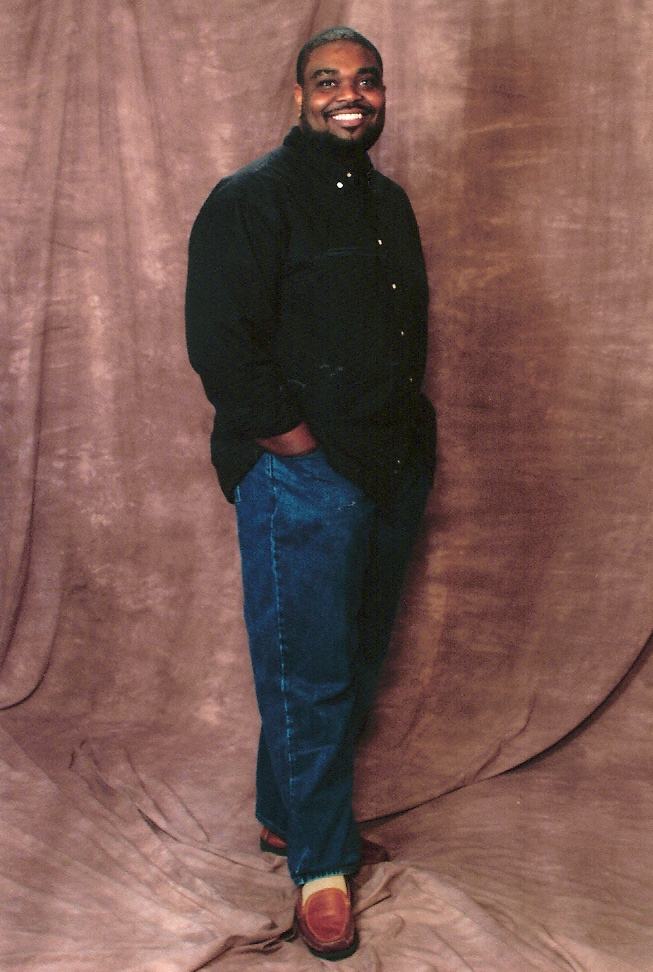One of the things that has always been true of American churches is that they (we) fear risk. We talk a lot about trust and faithfulness but when the rubber meets the road, what we have always done becomes what we will always do. I suppose that's fair enough. It's difficult for anyone, especially an organization, to dare to become something other than it has always been.
But we must!!
The church stands at an exciting crossroads, one that can lead us into bigger, better, brighter things. We are being beckoned to the light, if only we are willing to go. Our American culture is daring us to speak about the real Spirit in a world full of saline spiritualities. But to do that, we must be willing to change. Oh, no, not change the gospel. We are not and should not be willing to change the core beliefs that make us disciples, but rather we must change the way we do things. Chiefly, we must not be afraid to fail. When we are afraid to fail then by default we are afraid to try.
Leonard Sweet writes, "Postmodern culture has moved from 'trial and error' to 'trial and success.' Can the culture of the church change from safety-first, risk-free to risky, frisky innovation and unplanned experimentation?" At the core he is asking, "Can the church see itself in a different light than it always has?" It's a great question, one that most churches will say "yes" to in word, but "no" to in deed.
Churches are far more likely to walk the road most traveled, hoping that the crowded path will give us comfort and company enough for our journey so we don't realize that we really aren't going anywhere. After all, there is safety in numbers.
But those numbers are declining. The world sees the status quo, faithlessness of the church and simply chooses to not chose Christianity at all. Why should they?
Think on these words from D.H. Lawrence's novel Women in Love.
"God can do without man. God could do without the ichthyosauri and the mastodon. These monsters failed creatively to develop, so God, the creative mystery, dispensed with them. In the same way the mystery could dispense with man (or the church), should he too fail creatively to change and develop."
Subscribe to:
Post Comments (Atom)

No comments:
Post a Comment